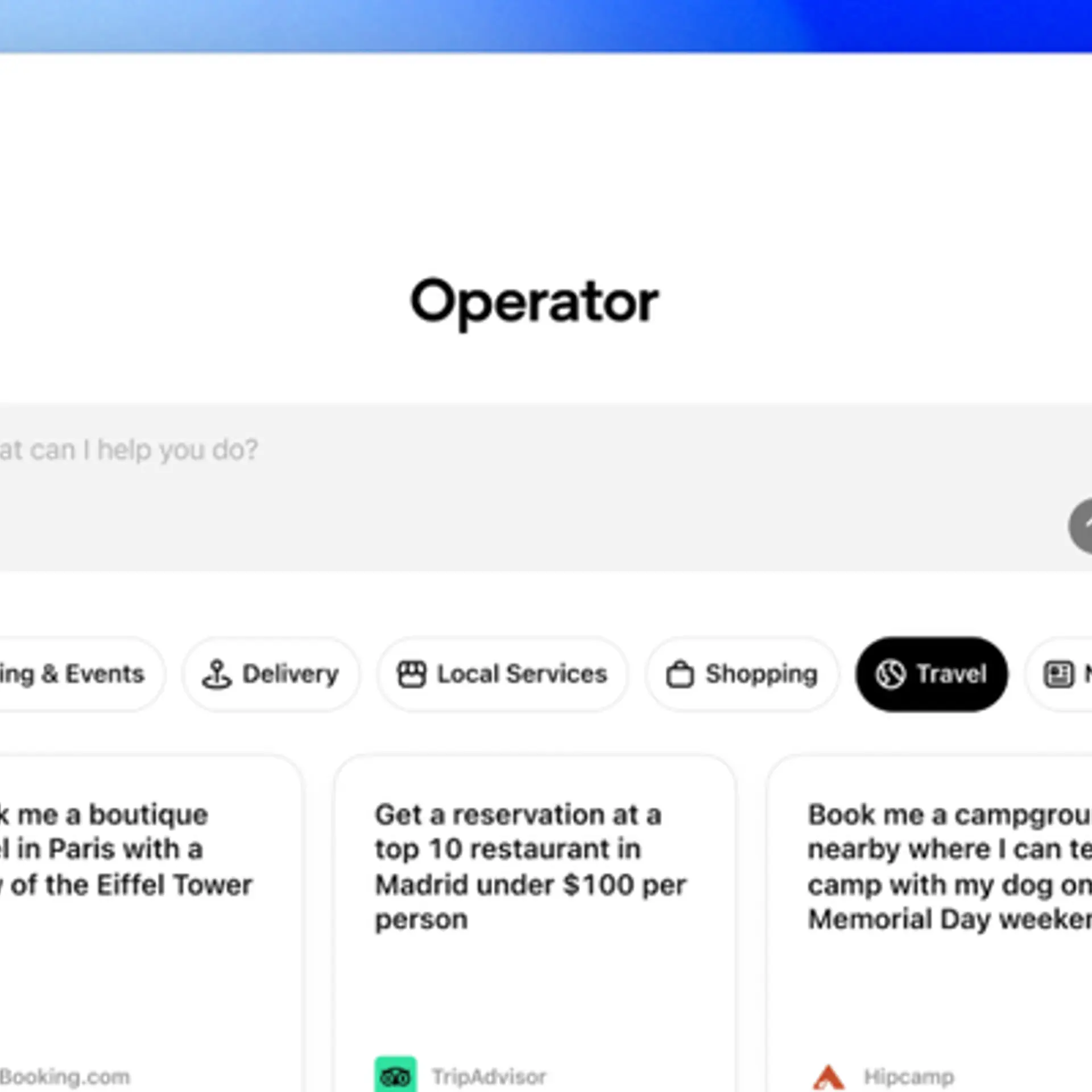AI for business planning: Navigating the pros and cons
Having a chicken-and-egg situation when it comes to AI? We have listed the benefits and pitfalls of integrating AI into your business planning!
AI has shown tremendous scope in healthcare, marketing, education and many more. But does this apply to the world of entrepreneurship and business? Chances are you have seen rapid adoption of AI in several firms however that does not mean it can do so for your company.
As an entrepreneur, it must be tempting to use AI tools to make the perfect business plan but jump right into it. We have compiled the pros and cons to help business professionals navigate their way with AI so read along!
What is a business planning?
Business planning is crucial for any organisation, involving the development of a roadmap outlining objectives, strategies, and steps for achievement. It helps navigate the market, make informed decisions, identify opportunities, mitigate risks, and allocate resources effectively. A detailed business plan is essential for startups seeking funding or established enterprises aiming to expand. This is because it demonstrates a clear vision and viable path to stakeholders. In short, business planning can uncover valuable insights and refine the business model. However, it's an ongoing process that should be regularly reviewed and updated to reflect changing market conditions, new opportunities, and emerging challenges.
Employing AI for business plans: The good side
Let's explore how artificial intelligence helps entrepreneurs in business planning.
1. Brainstorm and polish ideas
While humans are naturally creative, our abilities are limited by factors. On the other hand, AI is always ready to complete tasks. This can come in handy when entrepreneurs want to find new strategies. From marketing to financial planning, AI tools can produce a framework, saving time and energy to prepare an effective business plan.
2. Enhanced decision making
AI is known for its automation excellence. This means it can analyse vast data and interpret it for you. Additionally, a data-driven approach allows startups to identify consumer trends and insights that can be utilised to enhance current business strategies.
3. Be grammatically correct
One of the top things to avoid in your business plan is having grammatical errors. Various AI tools such as Grammarly or Hemmingway can be utilised to correct sentence structures and tone. Moreover, you can also leverage it to improve clarity.
4. Avoid writer's block
Feeling stuck with a blank page is a common scenario professionals face, especially in creative fields such as content marketing. When it comes to business planning, a similar situation can occur as it can be tough to figure out how to attract investors. Although AI may not bring the best results, it can pull you out of the "writer's block" state and help you get things done.
5. Bring innovative solutions
Startups thrive to bring innovative products or solutions but it is not an easy process. Thinking out of the box can be mentally draining and requires sharp focus. To speed up this process, AI can lend a helping hand by laying out different perspectives and assisting business leaders to ignite their creative side.
Cons of using AI in business planning
1. Get general responses
Right now AI is trained with data that would take humans thousands of years to read but still require more information to bring the best results. This is why AI is unable to answer highly specific questions related to a startup. For instance, it can be challenging to make AI tools develop a tailor-made solution as it does not have background information about your business. Even if you do provide details about your startup, it can miss out on crucial factors like legal compliances, current market sentiment, etc.
2. Needs supervision
AI tools are not always right. This is an important fact which is why companies need to be careful when AI is used for financial or legal data extraction. Moreover, things like cash flow projections and budgeting require strong mathematical and business knowledge that AI may not be able to replicate. Hence, cross-checking such crucial information becomes a prerequisite.
3. Lack of human touch
AI cannot bring a unique touch to your business plan; it can't add that human touch. If you want to connect with investors on a personal level and want to add a specific tone, AI tools may not be able to deliver high-quality results.
4. Potential bias
It is also known that AI algorithms are vulnerable to bias with the data they are trained with. This often can lead to unfair outcomes that can reduce the credibility of your business plan.
5. Too many options
Right now a sea of AI tools are available. Understanding which one is the most suitable for business planning can be a tedious task. While popular chatbots like ChatGPT, Gemini and Bing exist, they may not always satisfy your content criteria.
The bottom line
AI is a hot and emerging technology that eases burdening tasks and helps us to be productive. When it comes to the business world, entrepreneurs are not shying away from employing this technology to improve their operations. However, these tools should be used under heavy supervision to ensure your business plan is up to the mark and credible.







